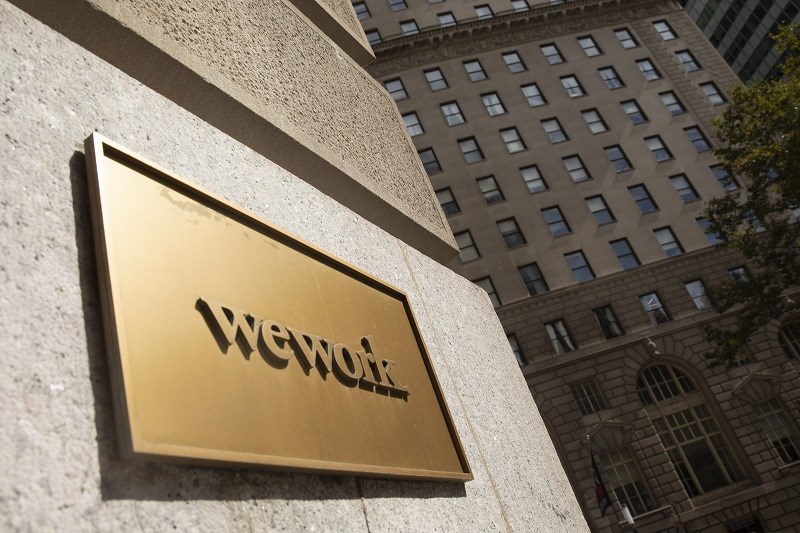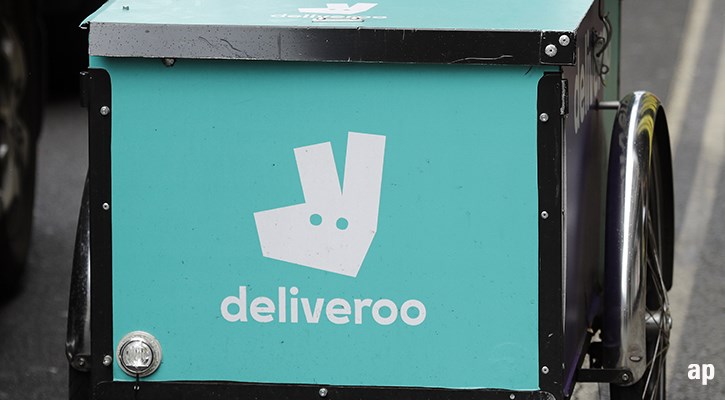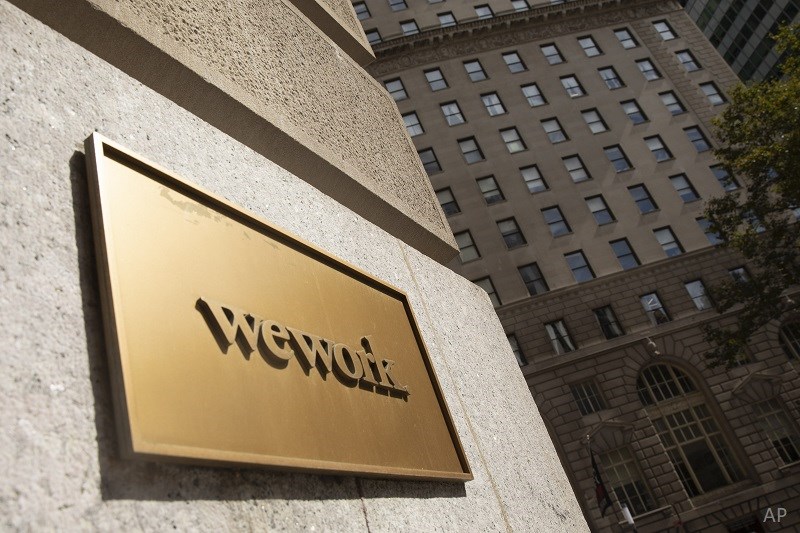
Office leasing company WeWork is now trying to go public again, having last attempted an IPO in 2019, but this time looks very different, as it's going down the now popular route of floating via a special purpose acquisition company (SPAC). The SPAC deal with BowX Acquisition values the company at $9 billion, a far cry from the $47 billion prior to its IPO attempt two years aho. Still, this valuation may be inflated by some of the same enthusiasm that drove the lofty valuations of the past.
Why Is WeWork Going Public Now?
One of the main reasons that a company goes public is to gain access to additional capital that may not be available in the private market, as well as to let existing investors sell shares. WeWork expects to receive $1.3 billion from the deal to be used to invest in further growth.
Though the pandemic has cleared out offices and gouged WeWork memberships, the company believes that its flexible space model will flourish as offices look to reopen. In a March presentation, WeWork executives stated that they expect to reach profitability by the fourth quarter of 2021. Morningstar analysts also see opportunity for providers of coworking space, though they may not share WeWork’s optimism.
Even before the pandemic, the rise of coworking showed a growing preference for flexible office space. This trend may accelerate after the pandemic with the growth of hybrid remote work models. WeWork offers companies the flexibility to adapt to new work models that require less office space. Shorter-term leases may also be more appealing as companies continue to face heightened uncertainty.
WeWork has nearly 800 locations in more than 100 cities worldwide, and it may use the new capital to expand its reach. WeWork has held significant market share in the coworking space, but Morningstar analysts believe that this market concentration may decrease over time as coworking companies will likely struggle to differentiate themselves and establish a competitive advantage, so taking advantage of WeWork’s current presence may be to its benefit.
What Are WeWork’s Challenges?
WeWork faces a challenging environment. The pandemic and the resulting shift to remote work have pushed many coworking startups to retreat or shut down. While WeWork has managed to stay afloat, it hasn’t come out unscathed: WeWork memberships fell during 2020, an issue for a company that relies on high occupancy rates of its office space to offset rental costs of its buildings and other operational expenses.
WeWork also faces continued profitability pressure that crashed its IPO even as it took steps to cut costs in 2020. In a move that was likely partially motivated by the pandemic, WeWork executed a massive overhaul that included cutting 67% of its staff and reducing selling, general, and administrative expenses by $1.1 billion.
WeWork lost $3.2 billion in 2020 despite these cuts.
WeWork’s only direct public competitor is UK-listed IWG (IWG) which is valued at about $5 billion. With 2020 financial year revenue of £2.5 billion, the business is about two-thirds of the size of WeWork’s. Morningstar analysts see a potential path to profitability for WeWork if the company can shift away from the “treacherous” long-term lease agreements that have affected its bottom line. Operating agreements that feature a management fee to operate space may be a viable alternative.
IWG has demonstrated that profitability is possible, and potential opportunities exist for WeWork and coworking as a whole. The future, however, is anything but certain.
The Lessons from 2019
At the beginning of 2019, coworking company WeWork was a private equity darling. It was embraced as an innovator that helped reshape how we think of office space, and its valuation ballooned to a whopping $47 billion. Its IPO, however, failed spectacularly as investors questioned its corporate governance and business model.
WeWork’s business is simple: sublease space for more money than it pays for its leases. Once investors realised that its business model wasn’t as innovative as its mission, the company’s valuation plummeted. WeWork was headed toward bankruptcy before being bailed out by SoftBank, its largest shareholder (and former stock of the week on Morningstar.co.uk). SoftBank, whose investments largely caused WeWork’s inflated valuations, disclosed last May that it believed WeWork to be worth $2.9 billion as of March 31, 2020. In the company's fourth-quarter 2020 earnings call, SoftBank’s CEO admitted that investing in WeWork had been a failure.











:quality(80)/cloudfront-us-east-1.images.arcpublishing.com/morningstar/347BSP2KJNBCLKVD7DGXSFLDLU.jpg)















